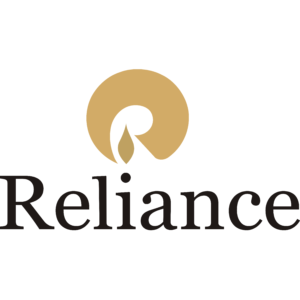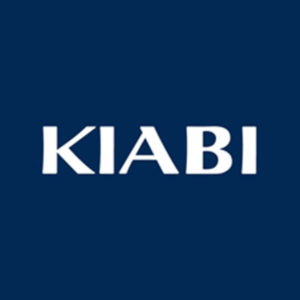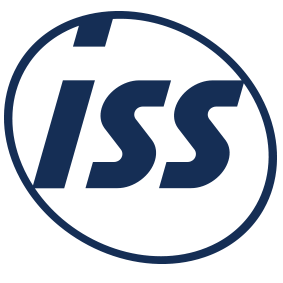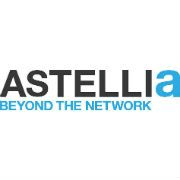Human support
during periods of change
Let's talk about your project
Digital transformations, adaptations of organizations, industrial changes, transitions towards more teleworking, moves, evolutions of workspaces, etc.
Change has taken hold as a recurring phenomenon within companies that must reinvent themselves to adapt to developments in their context and be part of a competitiveness dynamic.
Human support during periods of change: what is it exactly?
The exponential increase in the number of changes in companies forces organizations to change their practice on this matter. For a long time, change management strategies were only mobilized when a project was facing difficulties. Today, change management is thought upstream, from the first phases of the project, and is considered one of the keys to its success.
By nature, any change will initially generate stress. Depending on the change, whether it is desired or not, seen as positive or negative, the stress may be more or less important.
Once a change has been announced, the employees affected by the change can typically react in four steps:
- In a first phase of denial, some employees will refute the possibility that the change actually takes place, claiming for example that it will fail even before its deployment.
- Then comes a phase of resistance in which it is common to see unpleasant emotions such as anger, fear, or sadness appear.
- An experimentation phase in which employees then try out the new features that are offered to them.
- And finally, an integration phase, once the employees have adapted to the different changes.
Through these different phases, the level of employee discomfort varies and evolves:
- They will have to adapt to new situations
- Cope with developments which will in most cases be, at the beginning, sources of more constraints of their working conditions
- The perceptions of each evolving differently, perception gaps can appear and be sources of conflicts
- Finally, by nature, greater attention will be paid to the negative aspects rather than to the opportunities.
Understanding these different phases is an important asset that enables to better support the different resistance to change from the employees of a company.
In this context, we see the importance of supporting change and the role that all internal or external actors of the company can play, in particular to:
- Reduce the psychological cost generated by the change
- Facilitate the preservation of positive energies
- Facilitate the development of new skills
- Develop a sense of belonging
- Regulate potentially conflict situations
The needs of employees in times of change: understand, be heard, be led
In order to achieve these different objectives, it is important to first understand what the employees’ needs are as they go through the different stages of change.
Here are some examples of important needs that can be found in many situations of change:
- The need to understand: employees must clearly understand the issues and the reasons for the change while being regularly informed of the related adaptations.
- The need to be listened to and heard: encouraging the expression of feelings will always be a source of satisfaction, strengthening employees’ feeling of being supported.
- The need to be led: most periods of change generate concerns which, in addition to being listened to, must be taken into account and mitigated by a direction, instructions and/or even clearer and more regular priorities than usual.
What service does Ekilibre offer in terms of human support during periods of change?
Our objective is to provide the best support for each company in achieving its goals, from the implementation of a global approach to more specific reinforcement actions.
Each of our supports is guided by a rigorous methodological framework and regularly updated scientific knowledge. We are also in line with the recommendations of national and international reference organizations.
Ekilibre customers know how to appreciate the global approach of our consultants who will be able to support you both in developing a complete vision of the human aspects of a change as well as in better understanding, for example in a very operational way, the individual reaction of a manager in trouble.
As an example, the main services we can offer you are listed below.
- Supporting change management
- Assisting the implementation of a teleworking policy
- Supporting new working methods (Flex office, teleworking, etc.)
- Participation in the steering committee in charge of ensuring that a major change takes place
- Supporting the definition of a global change support strategy
- Supporting the deployment phase of a project involving changes
- Implementing Agile methodologies
- Leading workshops on experience feedbacks
- Anticipation studies of human impacts in anticipation of a move, an evolution of workspaces
- Assessment of the impacts of an organizational change on working conditions
- Leading collective intelligence workshops to find avenues of action to adapt to an unforeseen change
- Supporting the prioritization of courses of action and the development of action plans adapted to the challenges
- Awareness and tailor-made training for company stakeholders in supporting change and other specifications related to the topic
- Training in the psychosocial approach in times of major change
- Agile management training
- Managerial coaching on the follow-up of a team in times of change
- Implementing a psychological support approach during a restructuring
- Provision of a toll-free number and support available 24/7
Each situation deserves to be understood in its singularity. Therefore, we invite you to contact us so that we can better understand your needs and co-develop with you the most suitable project.
They have trusted us, why wouldn't you?

































































